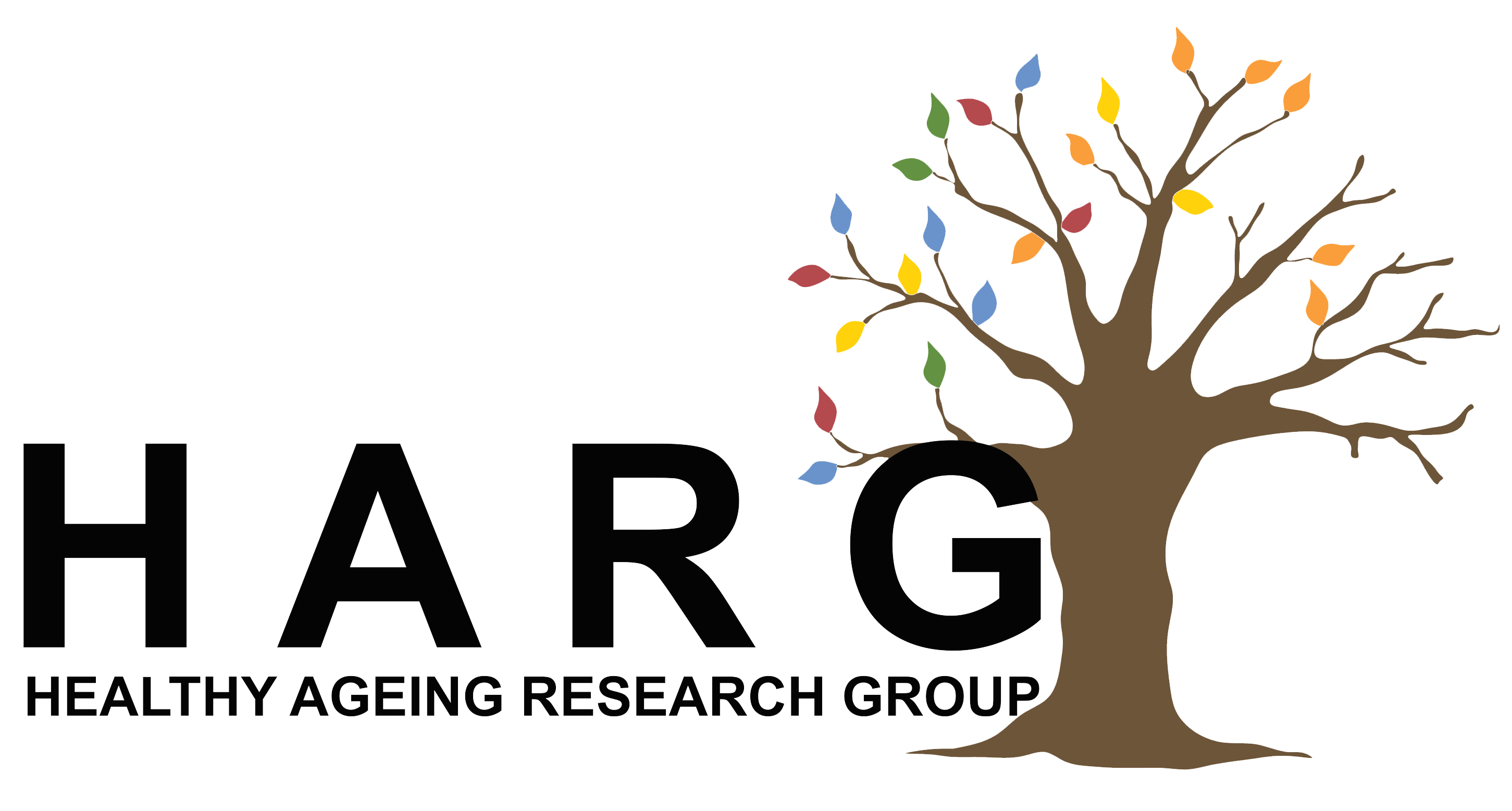Sue is an experienced quantitative and spatial statistical researcher with expertise in mapping and visualising sociospatial data in GIS. Born and raised in an ethnically and socially diverse community in London, she is deeply commitment to researching socioeconomic, spatial and health inequalities. Statistical methodological skills include: multilevel modelling of multi-scalar spatial data, and modelling longitudinal data such as survival analysis and event history analysis. Spatial/GIS expertise includes: network analysis using integrated transport network (e.g. distance to services), hotspot analysis and working with secure-level microdata (residence/postcode level). Also qualitative interviewing experience and experience of mixed methods projects.
Research Focusing on Older People
Since completing her PhD at the University of Sheffield, Sue has worked on a variety of projects including on neighbourhoods, housing, travel to services and Psychosocial Interventions for Early Stage Dementia (2014-15). This was a a 6 month CLARHC-funded project for which she undertook a scoping review and Delphi survey of senior health staff in Yorkshire & Humberside as part of for School of Health & Related Research, University of Sheffield. She also led a (very popular) workshop on psychosocial interventions for psychiatrist at the regional Clinical Research Network.
Older Private Renters – the impact of insecure housing tenure and unaffordable rents on their health and well-being
In 2019 Sue secured her own funding for a knowledge exchange project jointly with Age UK from CaCHE. This involved a review of international evidence (including grey literature) and presenting the results of this review at an All Party Parliamentary Group on and Ageing & Older People (Decent & Accessible Homes for Older People) chaired by Age UK in April 2019.
Work Experience
Prior becoming an academic Sue worked in the NHS in Mental Health Elderly & Adult Specialist Services and then as a housing practitioner/support worker in social housing and homelessness – (mostly as part of a multi-disciplinary team with health and social workers). From this experience Sue gained considerable insight into how personal and neighbourhood-level disadvantage can impact people with a range of health problems/disabilities and support needs in real life.
Sue also has experience from work and within her own family/extended family of: confusion (UTI-related), dementia, spouse-carer stress/health problems; care home residence; older men’s health issues; issues around personal care, dignity, respect and privacy; end-of-life care; end-of life wishes/choices and bereavement. Also later life residential preferences should care be required.
Currently Researching
Rural and coastal disadvantage/deprivation and health inequalities – including that among older and lower income populations. For example, geographical access to health and other core services that support healthy ageing.

